A lot has been written on the topic of “Why We Need Stories,” but after reviewing a good chunk of the literature, I think I can add something on the subject. First, let’s back up a second and examine the question: Do we really “need” stories?
Sure, stories are fun, but is that all they are? Well, the nonscientific answer to that is that stories have been being told around campfires and passed down from generation to generation for as long as we’ve had language, suggesting that from the very beginning stories have played an important role in our social commerce. Clearly, at least in the past, stories fulfilled a definite “need,” passing on information, history, wisdom, and knowledge.
The scientific answer as to whether we “need” stories, an answer that has been proved exhaustively by experimentation time and again, is that our ability to understand and retain information is far better served by listening to stories than by studying bullet points, graphs, and textbooks. The Watson Selection Test, for example, an important logic puzzle used in the study of deductive reasoning, can be solved by fewer than 10% of people when tackled as a logic problem, but is easily solved by 70 – 90% of people when the test is presented as a story involving the detection of social-rule cheating. Stories engage our entire brains, not simply the cerebral centers that are involved in reasoning (Broca’s area and Wernicke’s area, for those who care). Stories just work better. It’s the way our brains are built.
There’s more, but to explore the scientific approach further would be boring (unlike listening to a story), so I’ll cut to the chase: The takeaway from all the scientific experimentation and whatnot is this: If you want to reach people⎯if you want to engage them, change them, move them⎯tell them a story.
In the past it was generally accepted that the use of language was our defining human attribute. Now that we are discovering other species on our planet with previously unsuspected communication skills, it is currently being proposed that the true and defining attribute of humans is ourability to tell stories, and through our stories to pass on the accumulated knowledge and wisdom of our species. Storytelling may turn out to be the most human art of all.
Do we still need stories? The answer, at least for most of our human existence, has been a resounding “Yes!” For one, in the past stories gave us an immeasurable evolutionary edge over the competition (Your great-great-grandfather ate some of those funny-looking mushrooms over there and got sick and died). For another, the power of our sacred stories to unite entire peoples (the Holy Bible, the Qur’an, the I Ching, the Book of Mormon, and The Bhagavad-Gita, to name a few) is undeniable.
At their best, stories have illuminated and entertained, wreaked havoc and righted wrongs, shown us the consequences of our actions, and carried messages across the centuries. Stories have been an instrument of change, transcending space and time, allowing us to walk in another’s shoes and experience emotions without paying the full price of those feelings. Stories tell us where we’ve been; stories tell us where we’re going; stories tell us who we are. Stories tell us how to be human.
Powerful stuff.
But times have changed. Does the power of stories still hold in our modern age? For most of our presence on Earth, storytelling has been an oral tradition. Since the advent of the printing press, film and TV, and the internet as “story delivery systems,” stories have morphed into countless new and exciting forms. People no longer have to be in the presence of a storyteller; that bond has been forever broken. You can now read a story in the privacy of your bedroom, you can sit in a darkened theater and watch a story played out on the screen, you can jam in your earbuds and listen to a story narration long after the storyteller is gone and forgotten.
No one knows what the future will bring for the art of storytelling, but one thing is certain. Stories and all the forms they now inhabit will continue to change. Nevertheless, despite present changes and those to come, I believe that at its heart, in its truest incarnation, the essence and power of storytelling will endure. So if you want to reach people⎯if you want to engage them, change them, move them⎯tell them a story.
What do you think about the power of stories? Have any stories you’ve read (or seen or heard) had an impact on the way you view the world? If you’re a writer, what are the goals of your own stories? Please leave a comment (click here) and join the conversation!



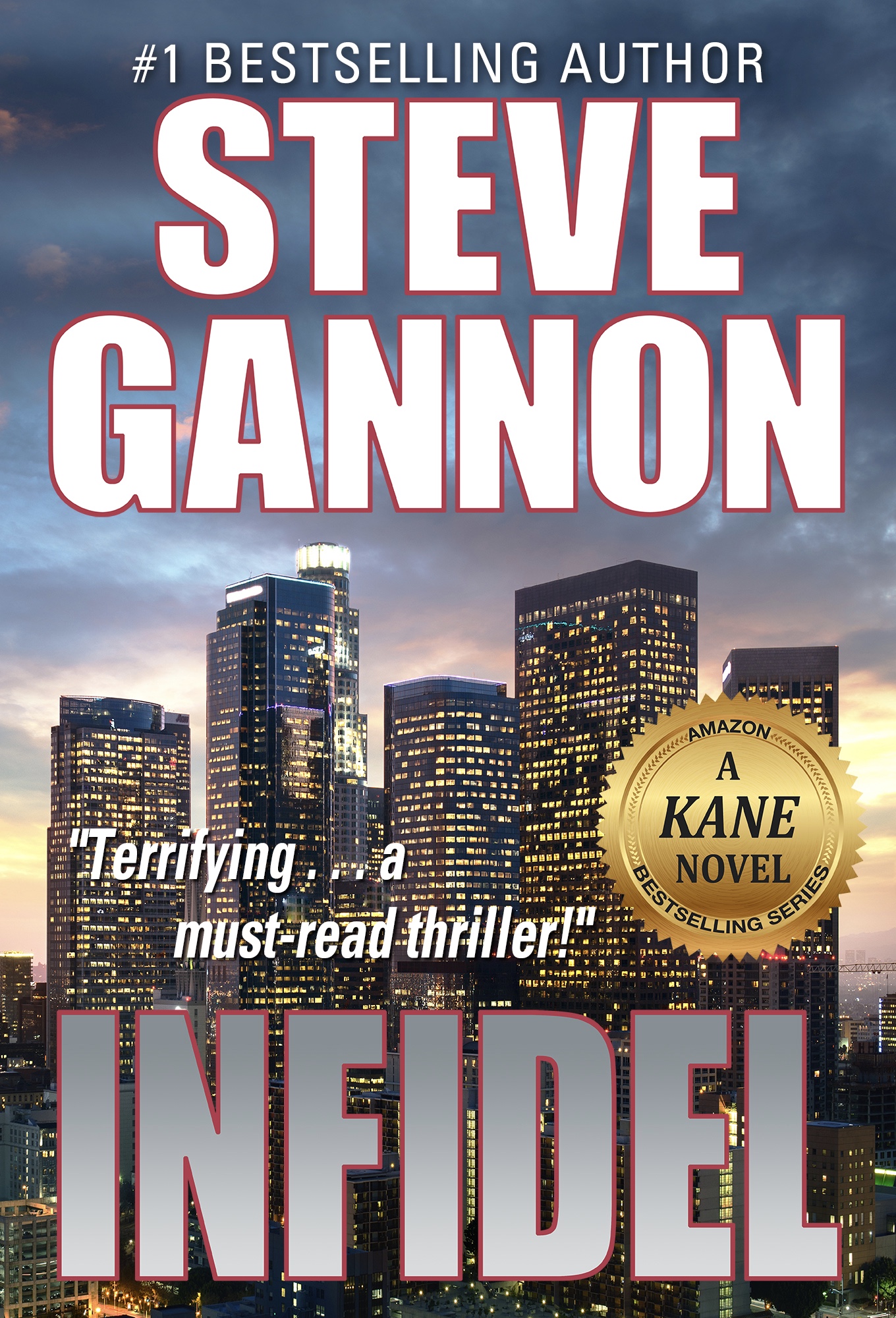
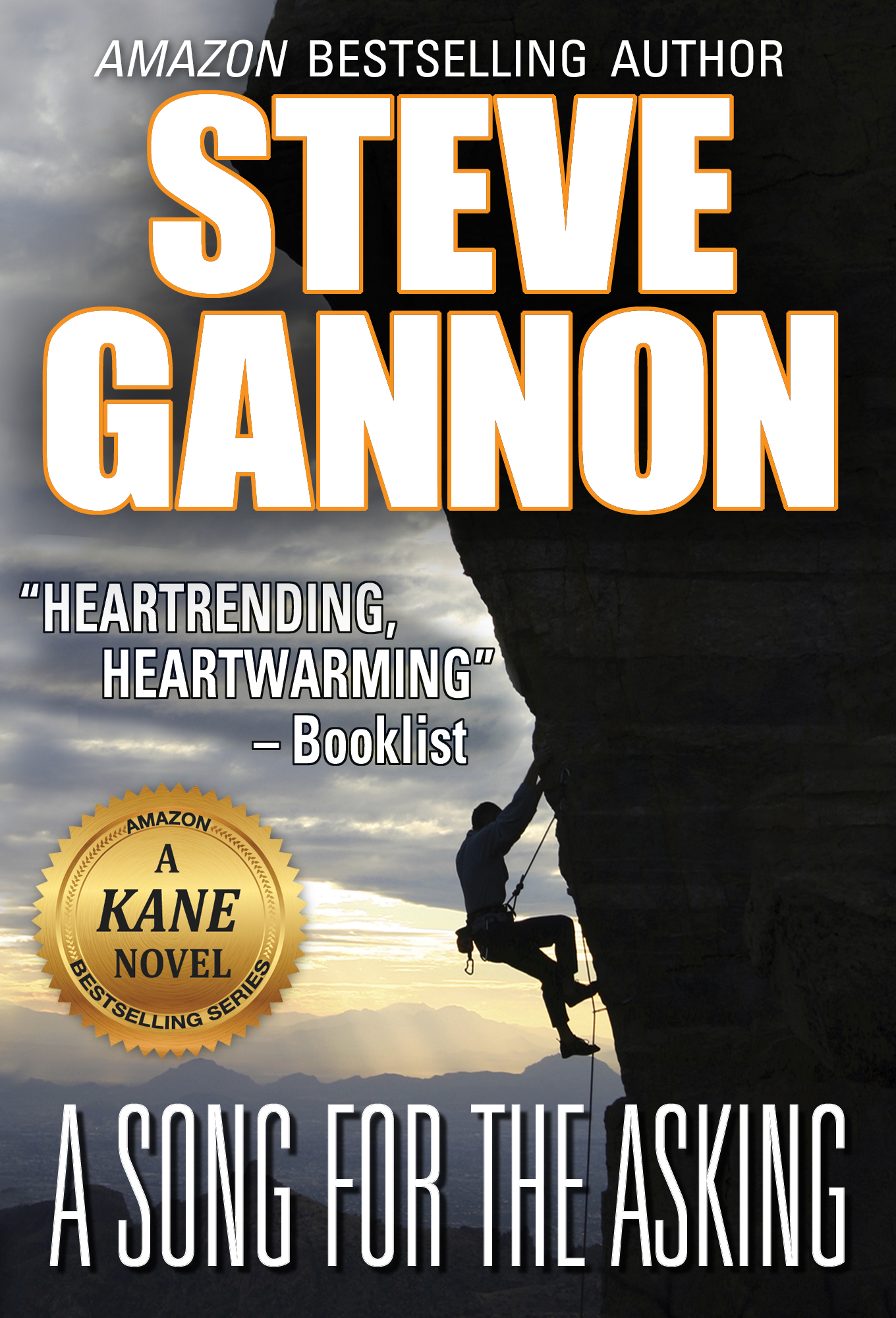
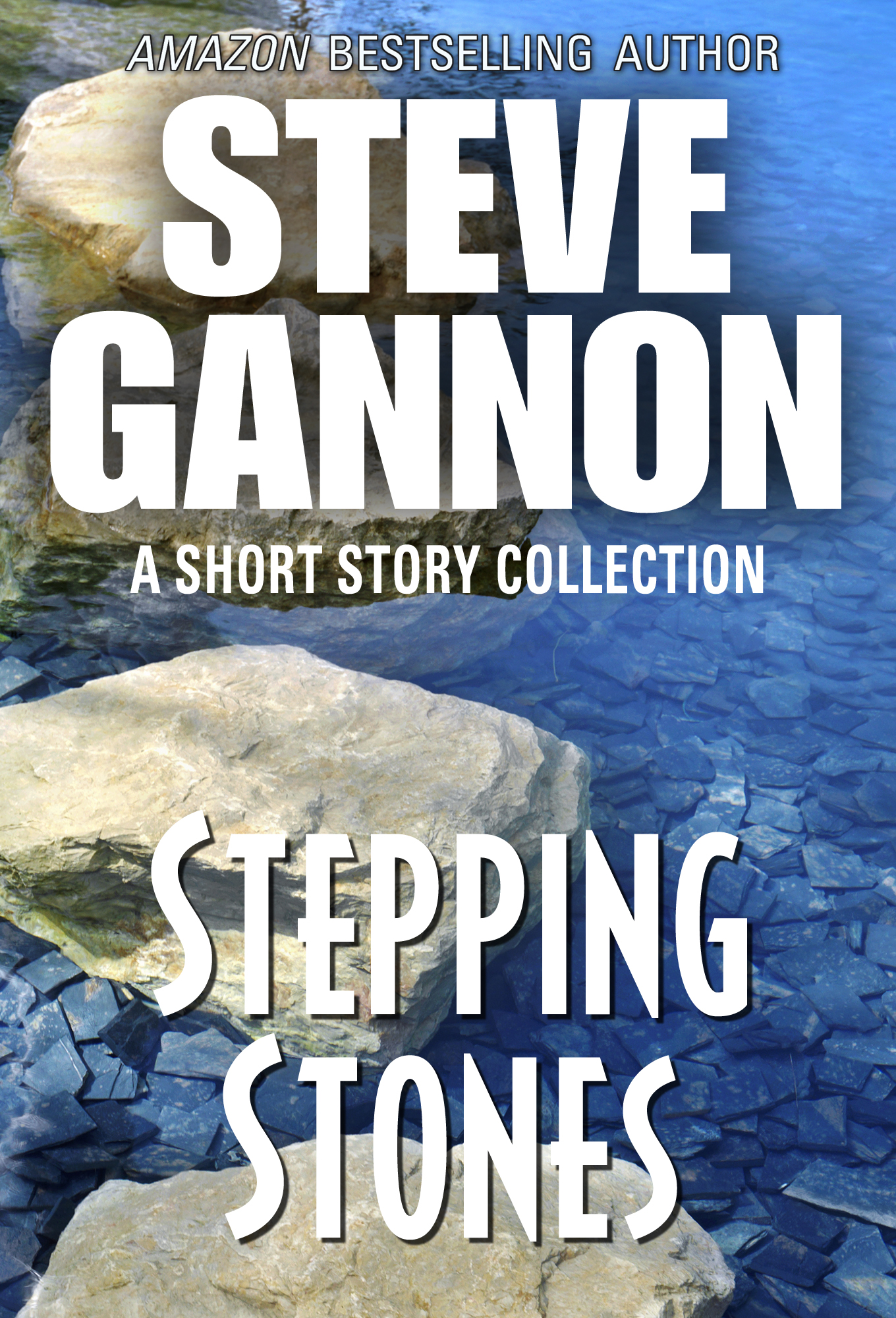
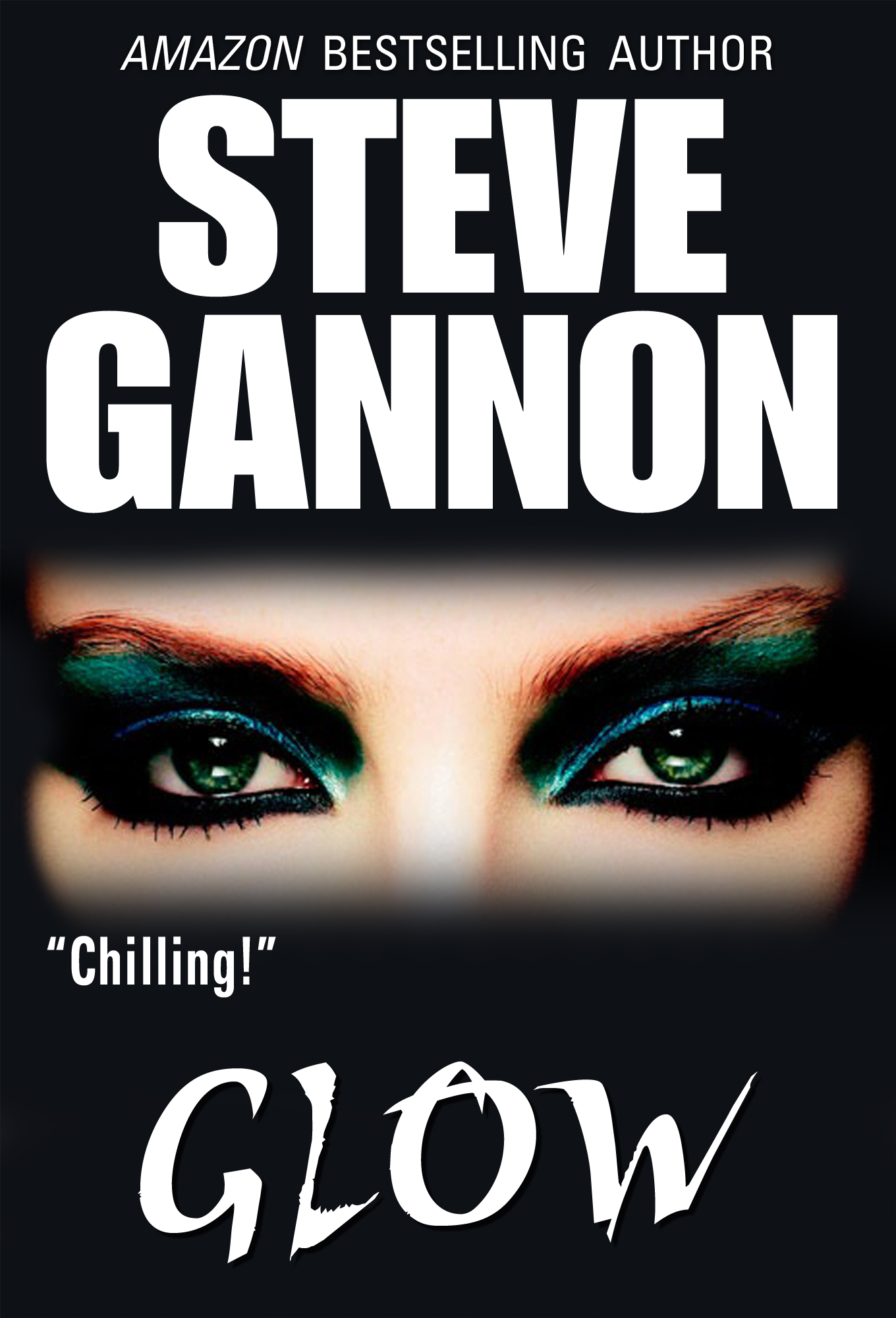
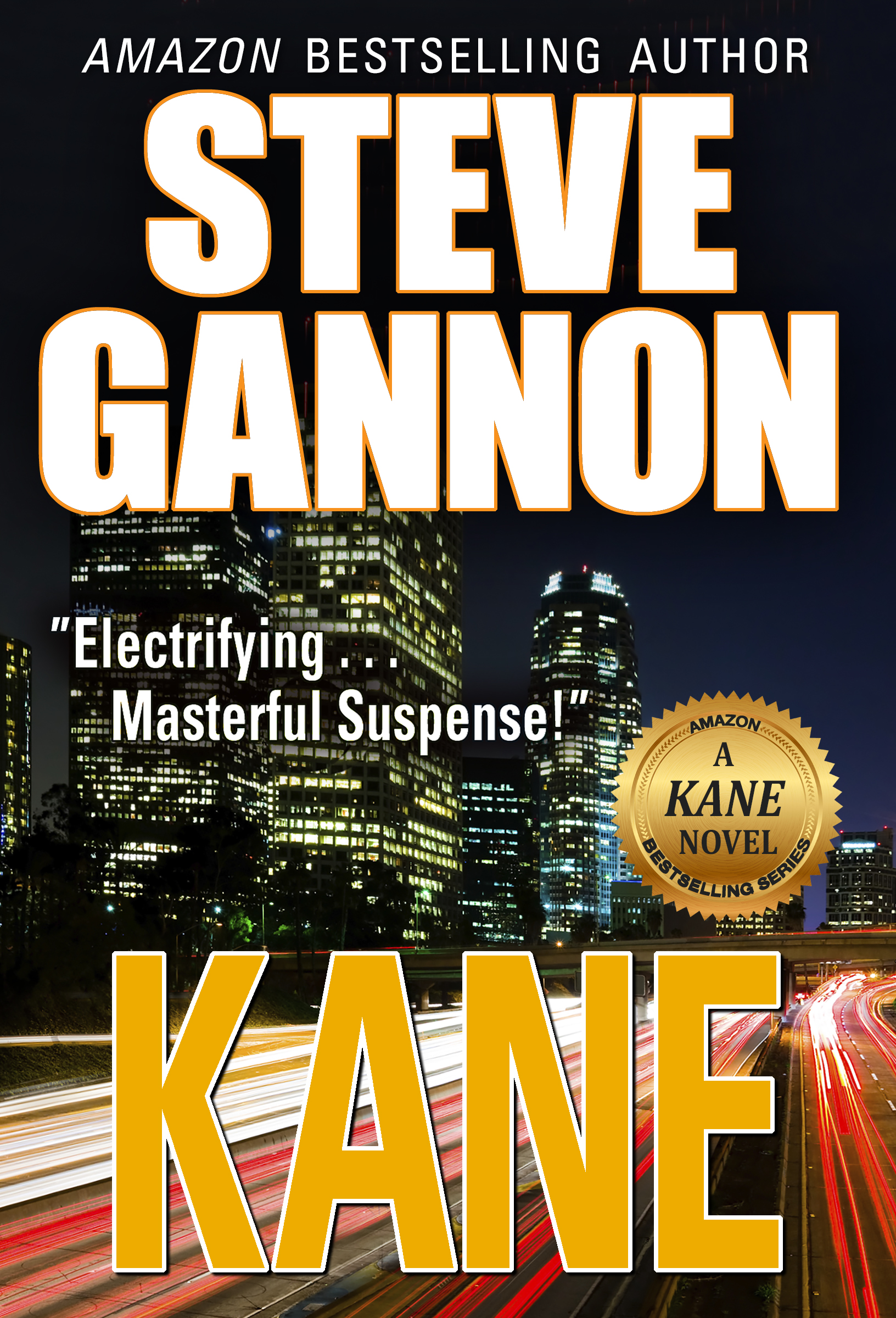
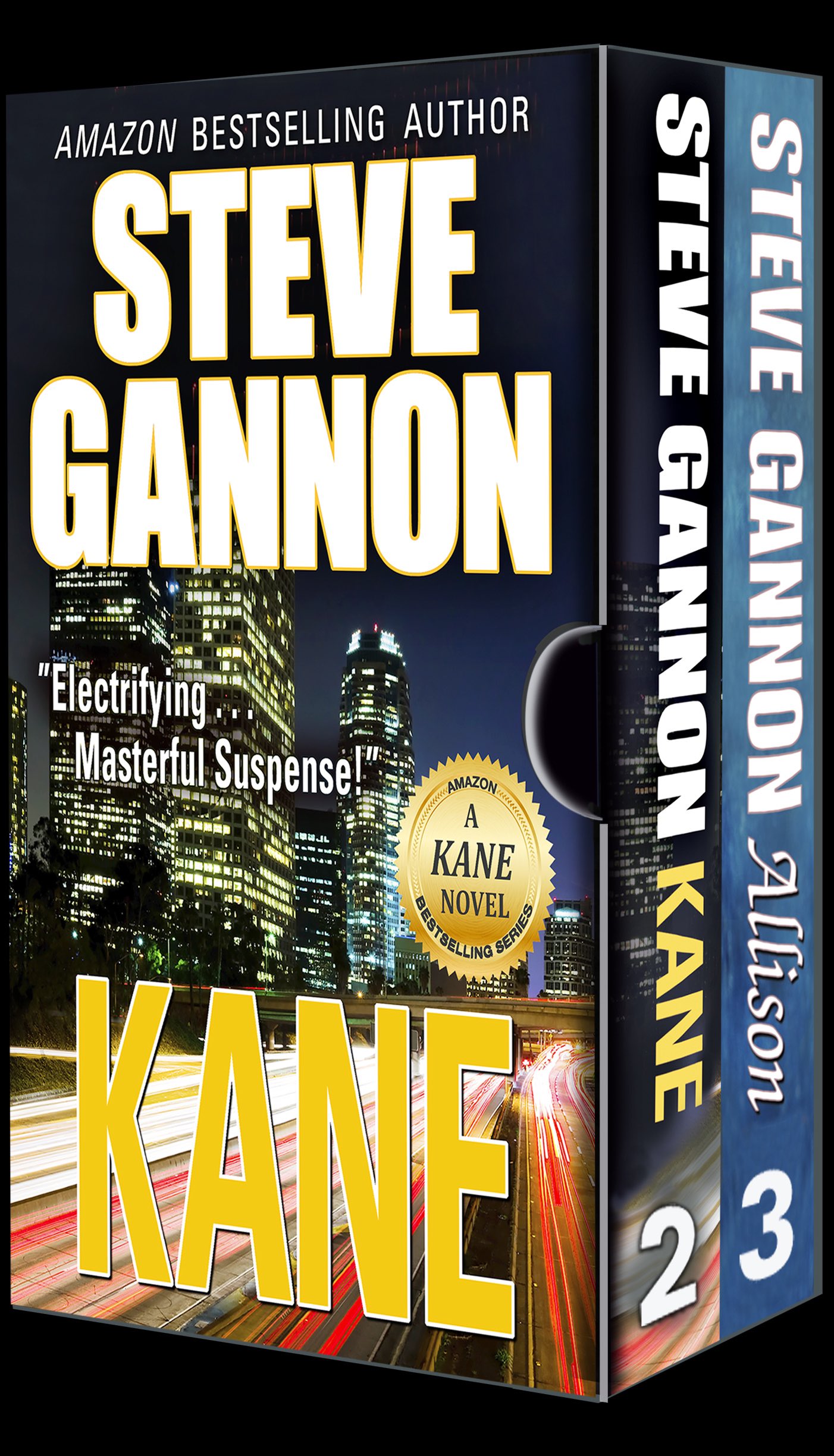
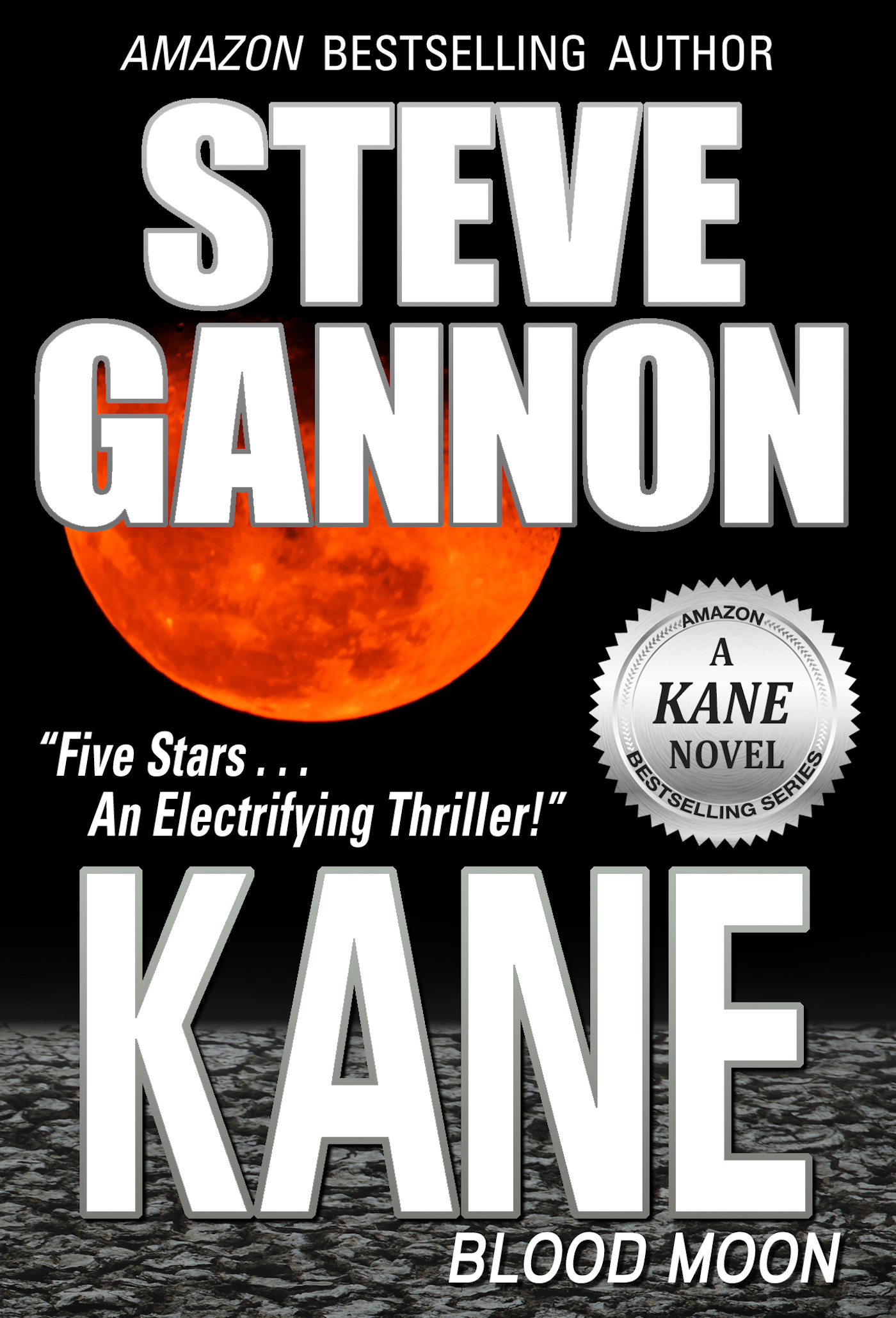
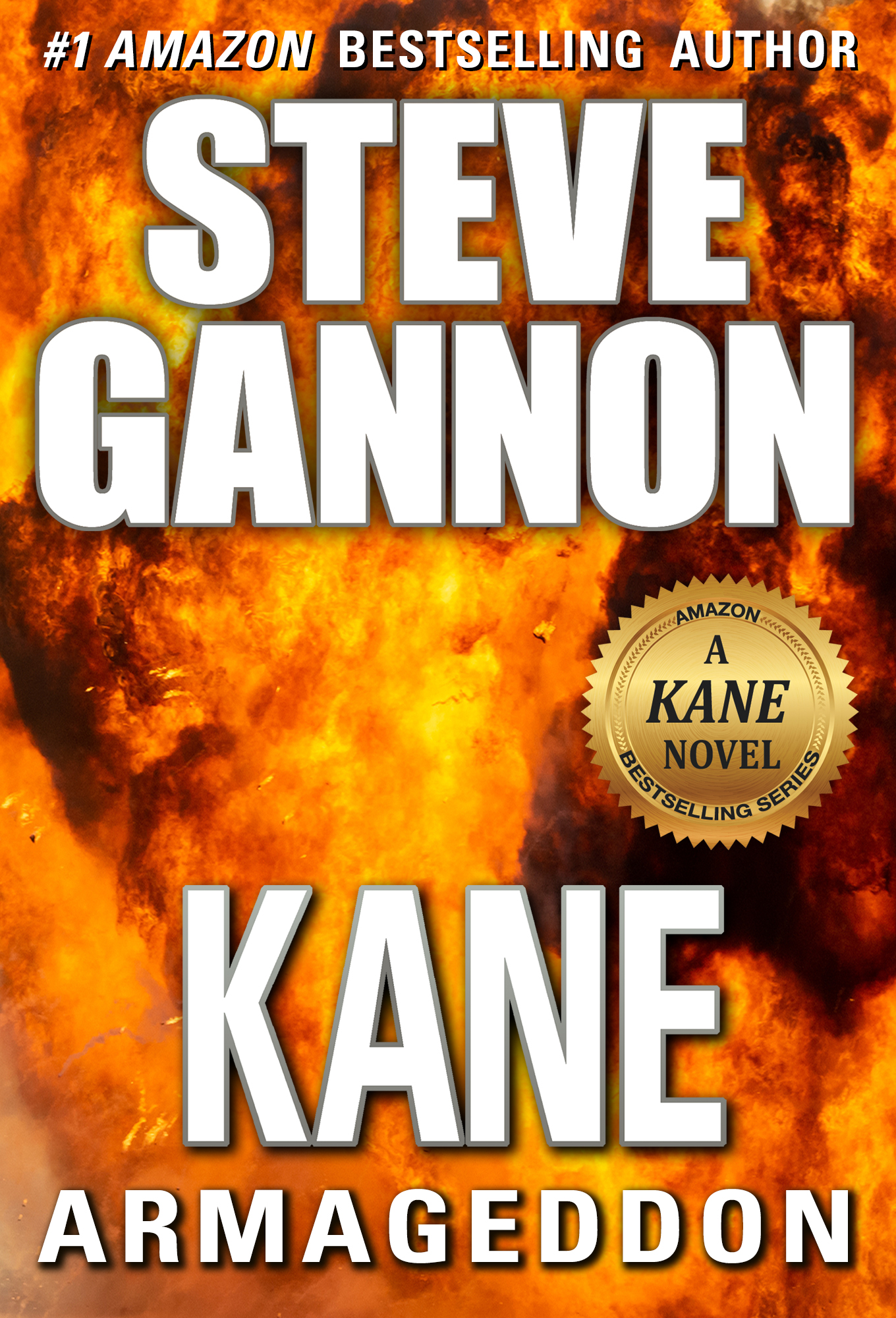
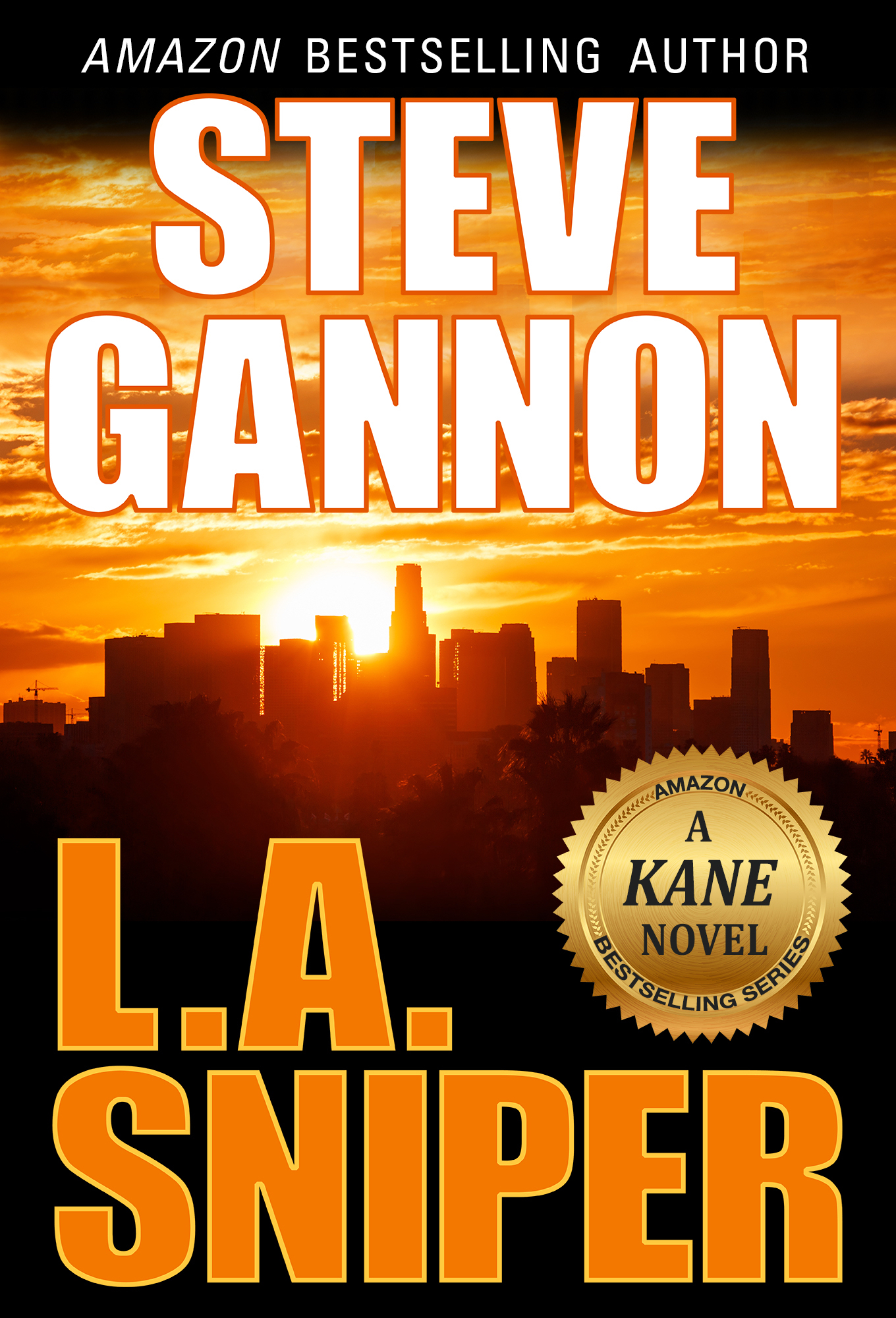
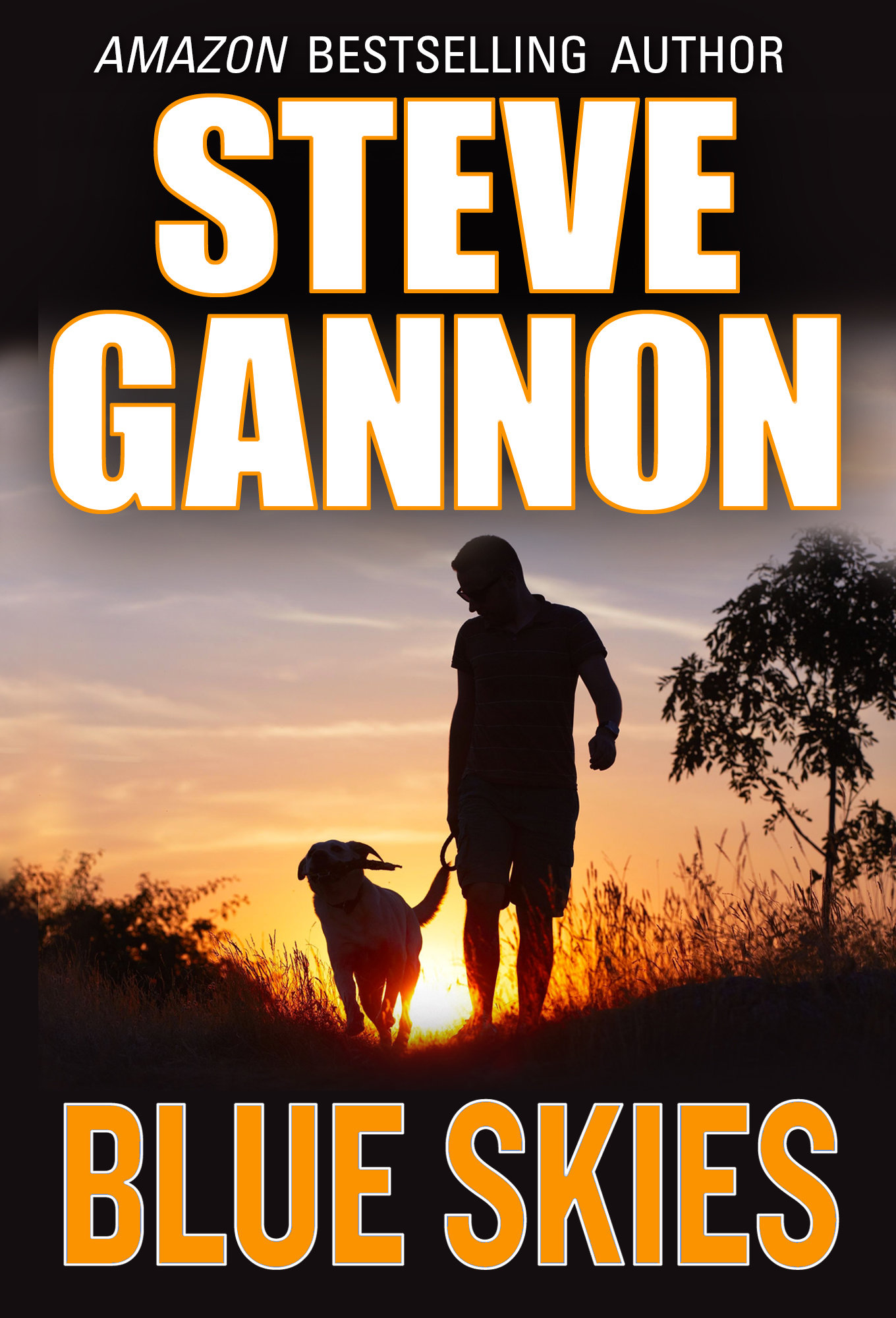
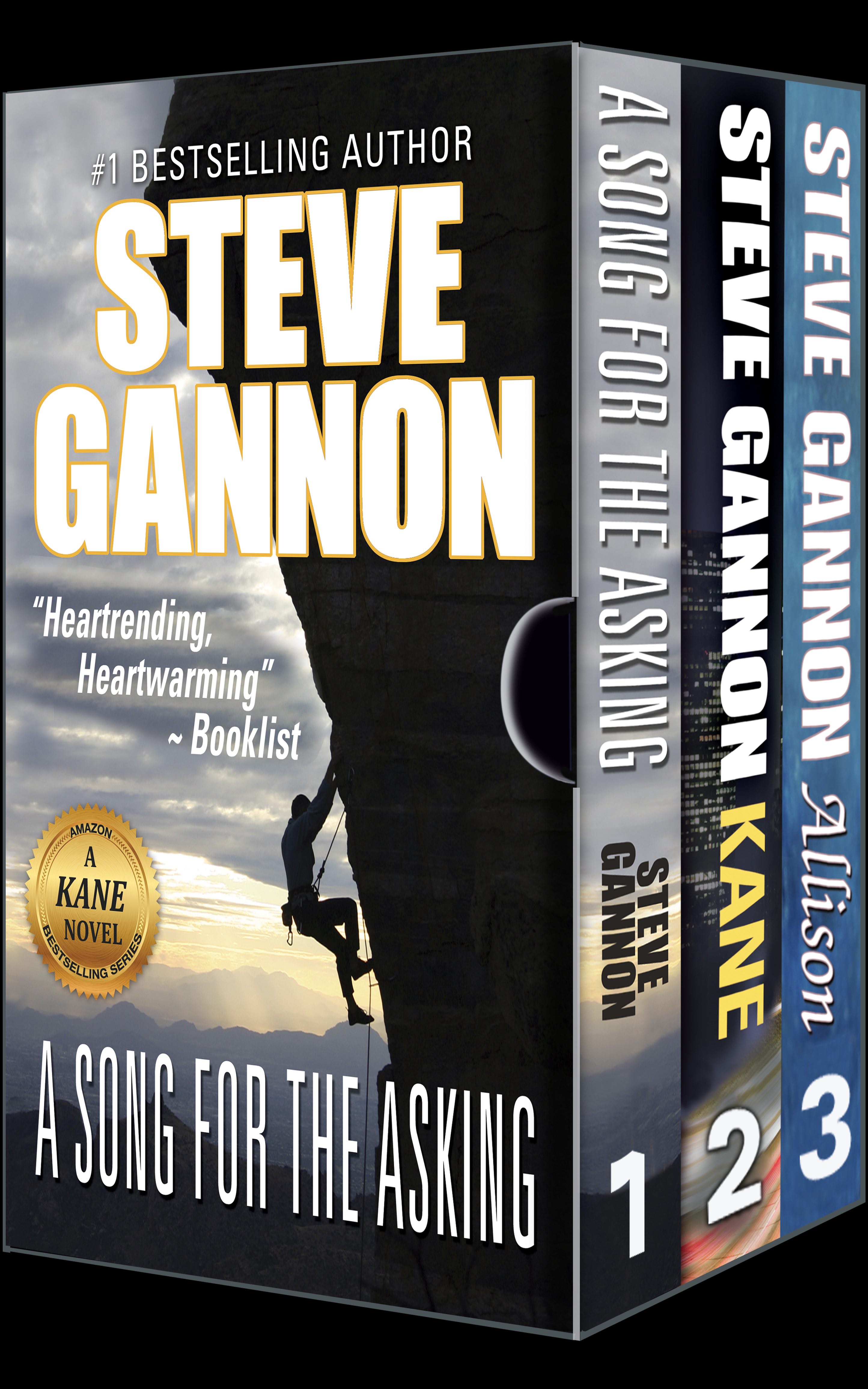

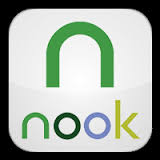
Steve,
I wish organic chemistry and calculus were taught as stories! That would have been so much less stressful.
I’ve found I retain stories better than information. With just a little bit of storyline, a whole plot of a book, TV show, or movie will come back to me.
Great post!
Maggie Toussaint
Writing science fiction as Rigel Carson
Hi, Maggie,
Thanks for commenting! Yep, chemistry and calculus don’t exactly lend themselves to the story approach. Too bad. Music lyrics, however, seem to get stuck in my head as well as stories. I can recite lyrics from waaay back with just a little of the music to get me started.
Steve,
First off, very well said. You put into words one of the primary reasons I became a writer of fiction in the first place; I felt I had something to say and stories are one of the best ways to reach people.
I especially liked the part about the oral tradition. While I’ve only recently become a writer, I’ve been a storyteller since I was about sixteen. I come into fiction from role-playing games, specifically the Live-Action variety…instead of sitting around a table, the players dress and act as their characters (within the limits of safety and propriety of course). I spent more time as a coordinator of the events than as a participant, because I discovered I enjoyed storytelling.
There is something almost mystical about spinning a good story in front of an audience; Stephen King described it as a form of telepathy and I’d say that’s pretty close. Being the Storyteller is heady stuff when you get it right.
Which brings me to why I feel authors need to be careful about what they say and how they say it. Stories mold opinions, ideals and beliefs…some beliefs are destructive and harmful to both society and the individual, and while I’m against censorship (for the simple reason that it is impossible to do right), we authors need to be cognizant of the power we wield in society.
It is the storyteller who is the arbiter of Right and Wrong, through our depictions of Good and Evil.
It is the storyteller who gives shape to vague dreams and shadowy nightmares, through our depictions of Hero and Villain.
It is the storyteller who defines courage and honor, through our depictions of the pain of struggle and the triumph over adversity.
Our words matter.
Example; I write crime fiction with a woman as the central protagonist, and I have what I call the “Niece Test”. With anything I have my protagonist do or say, I ask myself; would I be okay with my fifteen-year-old niece falling in love with this character and modeling her behavior off said character’s actions I present as “heroic” (as the young are wont to do with their favorite heroes)? If the answer is no, I re-write it.
There’s nothing wrong in my view with wanting to discuss bad things – people need to remember that evil exists. But we ought to be careful what we glorify and glamorize, else somebody come along and tell us we cannot discuss the matter at all. Nobody benefits from that.
Once again, great article. I’ll be following along to see what else you have to say.
Eric Plume, author of “The Eckart Mysteries”
Eric,
Thanks for commenting, and well said yourself! In fact, I think you said it better than I did. Authors do wield subtle (and sometimes not so subtle) power with our words and stories, and we have to be cognizant of the effect our work might have.
Now I’m off to check out “The Eckart Mysteries.” If they are half as perceptive as your comments, I’m sure to enjoy.
2 words – education and escapism – stories impart knowledge and history and stories provide an escape route from daily problems and dreary routine.
and when is your next book due out? I need entertainment and escape !
Hi, Gael,
I’ve been indulging in some entertainment and escape myself, but I promise I’m also working on the next “Kane Novel,” too. Hope to have it out by year’s end or before.
I can hardly wait for the next Kane novel. Glad to hear it is in the making. Love your books. Thanks.
Hi, Carly,
I’m glad you’re enjoying the Kane stories! Okay, now back to work for me on the next one . . .
Yes, Steve. Really enjoyed your piece on story telling.
As a singer/guitar playing troubadour/songwriter, I have found that story songs grab people more. Setting a scene is magical. Story songs seem to make the listener become involved more because, if they are affective, the listener has placed himself in your story as either the protagonist or the victim. Story songs demand more work on the part of the audience, and they seem to love doing the work!. More than just a lyric or melody, story songs can better inspire, motivate, teach, scare, shock, make you laugh or cry, etc. They force you to participate emotionally.
If a singer is wondering why he is not “getting ’em”, he should add a story song to his show!
Hi, John,
Great to hear from you, and thanks for weighing in on the subject. You make an excellent point. In some ways a story song can be even more powerful, as the music engages yet another part of our consciousness, a part that often is a direct link to our emotions. Well said!
Hi Steve,
I have been mulling on your blog on stories for too long!
As an addicted book reviewer stories are a major part of my life. I used to read a book and then forget it. Now I think about the story, the plot, the writing and the emotions it stirs while I am reading and for some time before I write a review. My latest stories become a part of my life and some stories I remember forever.
The authors of the latter are good storytellers. Some authors can write novels that you enjoy but they are not necessarily good storytellers. Some authors are great storytellers but they don’t necessarily write great books. Some of my favourite storytellers are James Lee Burke, Jeffrey Archer, Bernard Cornwell, Pat Conroy, Philip Kerr, R F Delderfield, Malcolm Macdonald and Herman Wouk (and many others).
I have just discovered a new world of stories via audiobooks. I am “reading” stories now during my morning walks and when I am driving alone. One thing I have discovered is that great narration, especially when the conversations are acted out in different accents and tones, gives me an enjoyment of the story that I wouldn’t find reading the book. I am deliberately reading and enjoying books outside my normal wheelhouse that I would probably put aside if I was reading the book.
I have just finished a couple of Jane Austen’s books that I would not normally read where the narrator led me into the world of regency romance. I also enjoyed a collection of short stories about Belfast Noir mainly because of the Irish accents of the narrators. My current audio enjoyment is set in the days of the US War of Independence with the narrator painting a vivid picture for me of the struggles, battles and life around Boston in 1776.
I could say more but I would become boring….
Hope the new Kane book is going well. You are on my list of good storytellers.
Hi, John,
Great to hear from you, and thanks for you for commenting. Interesting that you are exploring some audio books; I just spent a very intensive month working with narrator/producer George Kuch creating an ACX Audible version of “Kane.” I’d love to get your opinion on it, whenever you think you might want to revisit that novel. It should be out in a few weeks, and I’ll email you the teaser chapter to see whether it’s something you might like to (re)check out.
“L.A. Sniper is doing well, with an occasional push from Amazon, and that has raised sales of the other books in the series as well, so all is going as planned. And I’m so pleased that you included me on your list of favorite storytellers. Feels good coming from you. Thanks!
Steve,
I would love to get a teaser chapter of the Kane narration. I read Kane just over 3 years ago so it would be interesting to revisit it again.
You may recall this from A Song for the Asking – “”When you read, there are no limits; with a book you can bring vistas and textures and emotions to life that have a meaning to you and you alone” – I wonder if the narration would change my reactions.
Glad that LA Sniper is on target…
JohnD
Great, John,
I’ll email the Prologue to you.
Yes, books had great influence on me, especially when I was young. Angela’s Ashes had a deep impact on me. I have just published a book, “Politically Homeless – a Five-year Odyssey . . .”, hoping to lead by example that when one has a dream, it is possible to realize it as improbable as it may seem at first. Some paths are hard to cross, but they are the ones that teach you the most.
Mary, Thanks for joining in, and I absolutely agree. Wishing you the best of luck on your publication of “Politically Homeless – a Five-Year Odyssey . . .”